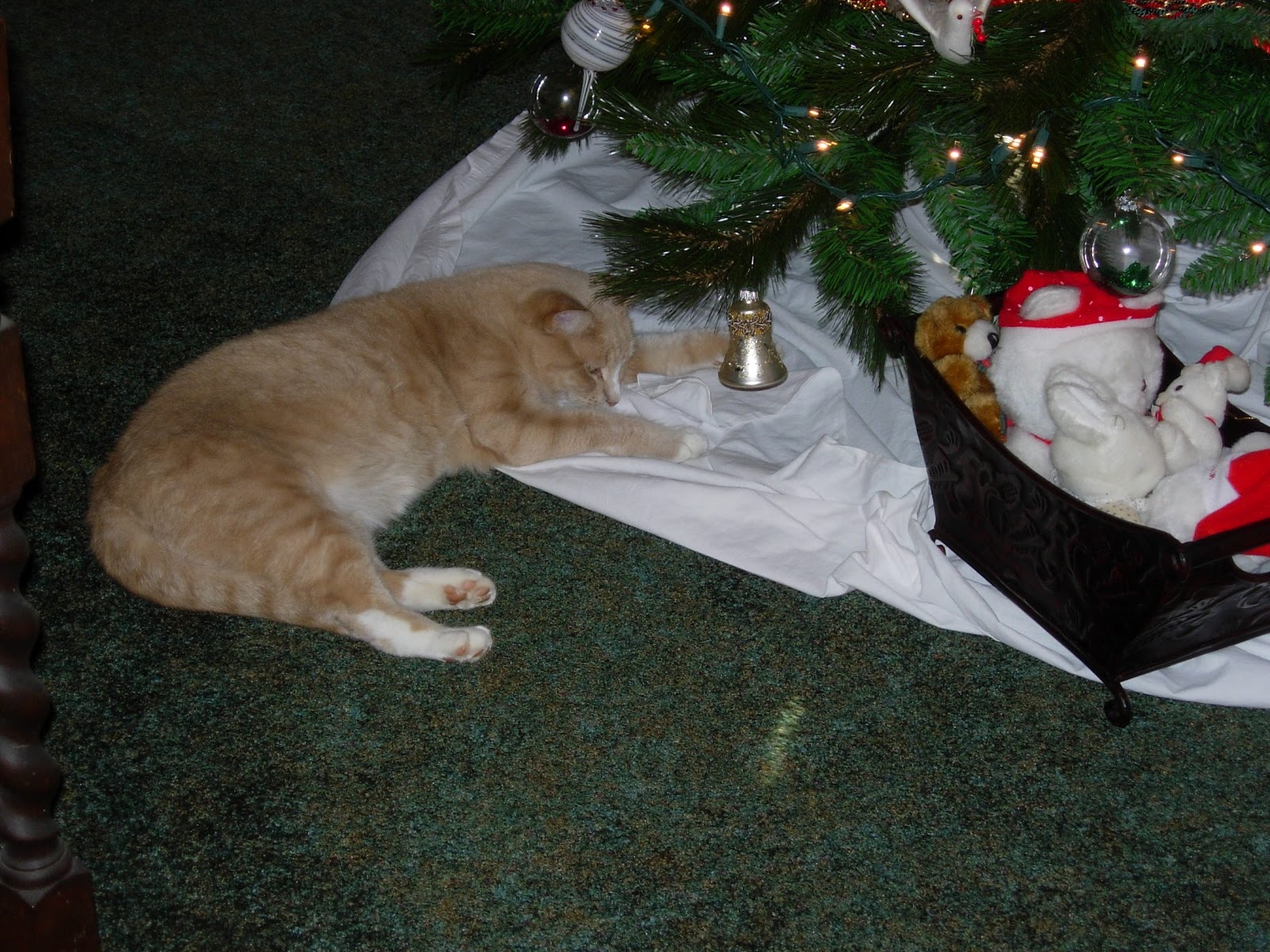It is said that when a writer dies, an entire library dies with her. It may be a cliche, but it is true. Take away a unique voice, and you lose all future books. Stories never told are lost forever. So when my dear friend, Sally Roseveare, lost her brief but intense battle with cancer at the end of 2016, I was heartbroken.
When my husband and I moved to Smith Mountain Lake, we knew no one. Not long after we settled into our new home, my husband found a notice in the local weekly for something called “Lake Writers” and a phone number. I called, spoke with the nicest man, Jim Morrison, and learned all about this club. Where it met. Who was welcome to join. How it functioned. I had just finished a draft of my first Mad Max novel, so I decided this would be a good group to join.
Sally was my first friend in the group, although we couldn’t have been more opposite. She was the quintessential Southern lady, soft-spoken, gentle manners, measured speech and a sensitivity that caused her to weep and laugh, sometimes at the same time. I was a free spirit from Southern California with a strong overlay of New York City snarkiness.
Sally offered to read my draft, which in my naivete, I thought was a final draft. She was kind enough to tell me it was all right as a first draft, but there were several things she thought should be changed. She said the voices of the two narrators were neither distinct nor compelling. She couldn’t tell who was telling the story without going back to the chapter heading to see whose point of view I was using. Really? Point of view? Well, maybe. Then she said I didn’t have a good hook at the beginning. I knew what a hook was, so I reread the opening chapter. She was right. No solid hook. Further, she didn’t like the way I presented the conflict. After all, this was the story of a marriage that dissolved because of the intervention of fate (an auto accident leading to traumatic brain injury) and a maniacal doctor who filled the wife’s head with ideas that weren’t her own. Hmm, no conflict? What about the fights the husband and wife had? Wasn’t that conflict? Lastly, she thought that maybe I had the wrong narrators.
Well, what did she know? Sally had only read the first fifty pages or so. The story really got rolling further along.
I continued attending Lake Writers meetings twice a month. Each time, I learned a bit more of my craft. When I was finally ready to confront my manuscript again, I realized Sally was right. No good point of view. Lousy voice. Conflict masquerading as wounded feelings without going much deeper. I needed a rewrite.
Once my main character claimed the story as her own–thank you, Mad Max, for yelling at me one night to tell the story your way–I undertook a total rewrite. Gone were the twin narrators. In was a single narrator, who had started life as a tertiary character. Gone was the conflict manifested at arguments; in came internal conflict about doing the right thing. A good starting hook.
Sally was gracious and read the rewrite, in spite of the fact that her sensitivity was challenged by my sometimes rough speech, a few f-bombs from one of the male characters, and some mildly graphic sex. She read and commented on the entire manuscript this time, questioning where I could write better, suggesting a tightening of the plot, beating me up to show the action and emotions, rather than tell them. And she was right.
And now, Sally’s great voice is silent. Her gay laughter gone, her gentle Southern accent adrift on the wind. This gentle grandmother who killed people in her cozy novels took her third novel and all her stories with her. We are left with her two novels, memories of her gentle nature, gestures of kindness that she wore like a second skin.
Rest in peace, dear friend. I will miss you always.
What do you think? Is she telling stories in Heaven, making people laugh, even as she recounts her research into the possibility of stuffing a fully-grown man’s body into a Porta-Potty? Probably.





A beautiful tribute to a fellow writer, that also demonstrates the value of joining a community of writers. Well done.
Yes, Cindy. Being part of a larger universe of writers is so important. I’ve seen her look around a room and find three things she would weave into a story and use to kill bad guys. She’d always amaze me with her creativity.
It was a lovely eulogy but perhaps her story doesn’t end there. I believe in reincarnation and perhaps she has already been reborn and another writer is now taking their first tottering steps. Perhaps when we are gone that voice will reach out again and create another library.
I also believe in reincarnation. During Sally’s funeral, her spirit flowed through a stained-glass window and reveal herself to those who believe. She has not gone. She has transcended.